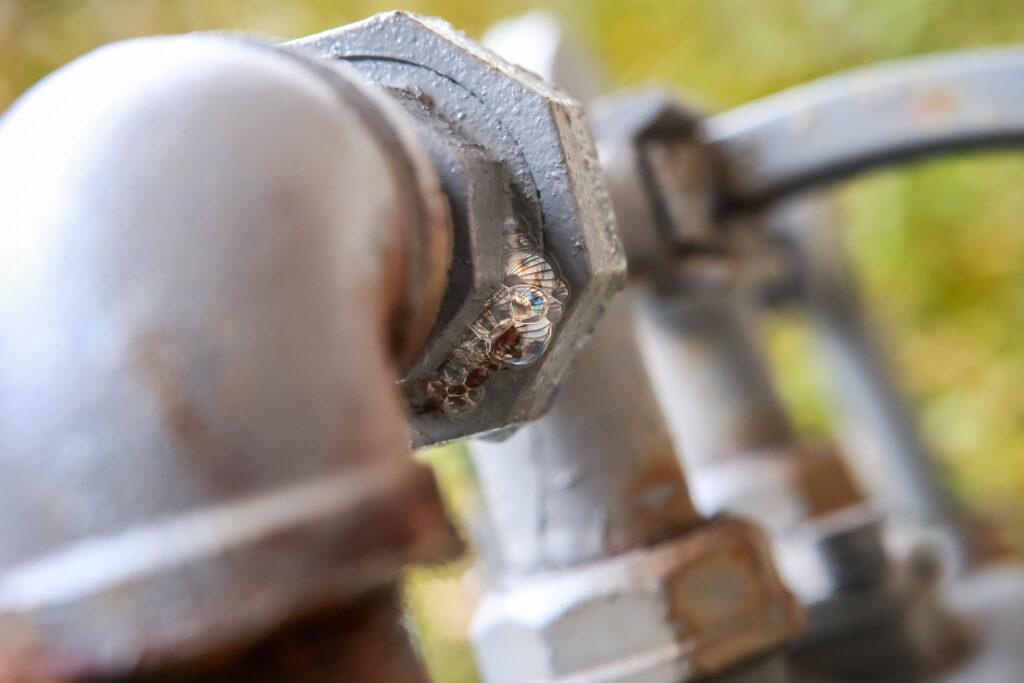As a landlord, your tenants’ safety is of utmost importance, and one aspect of this involves preventing gas leaks. Gas safety is a crucial part of your responsibilities, which includes not only adhering to the necessary regulations but also taking proactive steps to prevent potential hazards.
In this article, we will delve into gas safety measures, focusing on how to avoid gas leaks and how to ensure your tenants know what to do in an emergency.

Understanding the Importance of Gas Safety
Natural gas and liquefied petroleum gas, commonly used for heating and cooking, are generally safe when properly contained. However, leaks can pose serious risks, including carbon monoxide poisoning, fires, or even explosions.
Landlords are legally responsible for their tenants’ safety when it comes to gas appliances. Ensuring gas safety goes beyond simple compliance – it protects your property, keeps your insurance valid, and most importantly, safeguards your tenants’ lives.
Knowing Your Legal Obligations
The Gas Safety (Installation and Use) Regulations 1998 outlines the duties of landlords in ensuring gas safety. These include maintaining gas appliances in safe working order, ensuring annual gas safety checks by a registered engineer, and providing tenants with a copy of the gas safety record.
While we won’t delve deeply into the regulations, it’s important to understand these basic obligations and to follow them to the letter.
Prevention is Better than Cure
Let’s look at some key steps to prevent gas leaks in your rental property:
Regular Inspections and Maintenance
Routine inspections and maintenance of gas appliances are crucial to prevent leaks. Arrange for a Gas Safe registered engineer to conduct an annual safety check on all gas appliances, pipework, and flues. Remember, it’s not just about meeting legal requirements; it’s about ensuring the continued safety of your tenants.
High-Quality Equipment
Invest in high-quality gas appliances for your property. They might cost more initially, but the longevity and reliability they offer will save you money in the long run. Besides, higher-quality appliances are less likely to develop leaks, thus ensuring the safety of your property and tenants.
Educate Your Tenants
Educating your tenants is a simple but effective way to prevent gas leaks. Make sure they know how to turn off the gas supply, and how to recognise the signs of a gas leak (like the smell of rotten eggs or a hissing sound). They should also be aware of the dangers of carbon monoxide and how to use a carbon monoxide detector.
What To Do in an Emergency
Prepare your tenants for emergency situations by providing them with clear instructions. They should know to immediately turn off the gas supply, open all windows and doors for ventilation, avoid using any electrical switches or appliances, and call the National Gas Emergency number at 0800 111 999.
Keeping the Lines of Communication Open
Encourage your tenants to report any gas-related issues promptly. This open line of communication allows you to address potential problems quickly and reduces the risk of gas leaks or other serious accidents.
While gas leaks are a serious issue, they can be prevented through careful planning, regular inspections, and open communication. As a landlord, remember that your commitment to gas safety protects both your tenants and your property.
If you need assistance with gas safety or any other aspect of managing your rental property(ies), we at Northwood are here for you every step of the way. We can guide you on compliance with regulations, the best safety practices, and even help with your routine inspections.
The information in this blog is intended as a guide only and should not be used as a substitute for legal advice. Always consult a professional or your local council for specific advice relating to your property.






